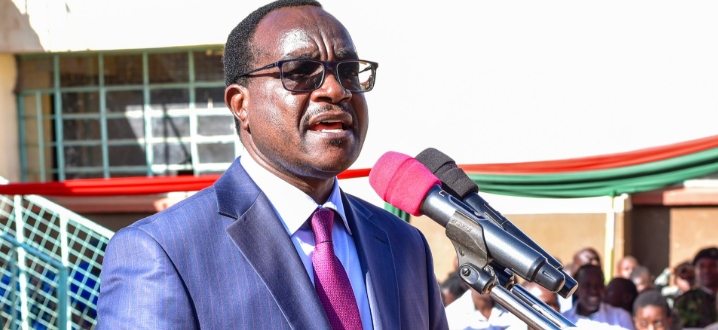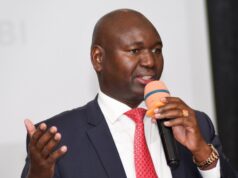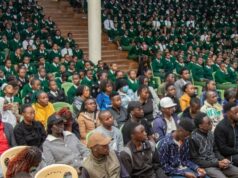The destiny of 140,000 comrades across the country is yet to be known after the Higher Education and Loans Board revealed that it had run out of money to distribute to the needy students.
“Currently, we have 140,000 students in TVETS and universities that we have not been able to fund to the tune of Ksh5.7 billion,” HELB’s Chief Executive Officer Charles Ringera told the National Assembly Committee on Education.
This implies that parents from poor backgrounds will have to work harder to sustain their children’s upkeep in school. The most affected individuals will be those in public, private universities, colleges and TVET institutions.
The board also disclosed that in the last financial year, it did not finance some 75,000 students as a result of the national treasury delaying Ksh3 million in reimbursements. Also, a request for additional funding through the recently passed supplementary budget was turned down by MPs.
Nevertheless, Ringera claimed that the board had made a financial request to the treasury. The amount requested of Ksh4.5 billion was yet to be disbursed.
PRESIDENT RUTO SPEAKS
However, according to President William Ruto, the board had been given enough funds in the past two weeks to lend students across the country.
“We have allocated enough money in the budget in the last two weeks. You now have money for HELB so that you can continue with your education without difficulties,” he told a crowd during his visit to the Kisii National Polytechnic.
WHAT IT MEANS FOR STUDENTS
Ideally, the board running out of cash means that parents and guardians will have to seek alternatives to pay fees for their children in school, and a major crisis looms. The loans are a lifeline for thousands of students from poor families who require financial support to pursue higher education.
Successful HELB applicants received between Ksh35,000 and Ksh60,000 per year. The monies are disbursed in two equal tranches for two semesters.








